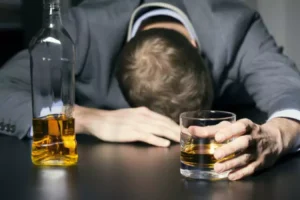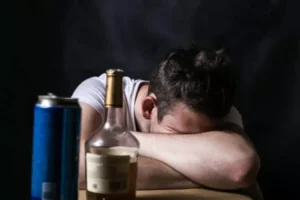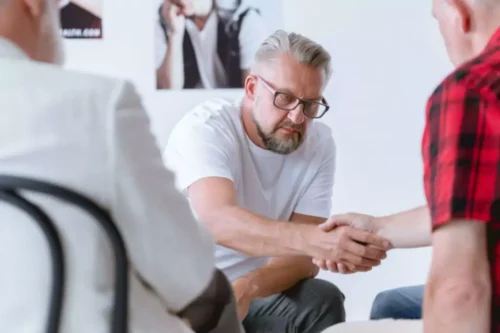
Rehydrating after consuming alcohol helps alleviate dehydration and can reduce the likelihood of a hangover. Occasional alcohol-related dehydration tends to manifest in symptoms commonly known as a hangover and can typically be managed without medical attention. does drinking wine dehydrate you Let’s look at why alcohol dehydrates you and discover how electrolytes can help prevent alcohol-induced dehydration.
Here’s How to Really Avoid Alcohol Dehydration Symptoms

It’s very easy for your body to process and for your intestines https://ecosoberhouse.com/ to absorb. If you drink a glass of water for each glass of wine you down, you may never feel the effects of dehydration at all (and you’ll still get a slight, though pleasant, buzz). But what if you aren’t in an extreme situation but are instead just looking to deal with a headache or get ready for another round at a party?
How to Minimize Dehydration from Alcohol

Although it’s unknown whether alcohol dehydrates muscle, it still has an effect. Drinking alcohol can dehydrate you, and it’s one of the main reasons you can get a hangover. This is because alcohol is a diuretic, which is a substance that induces diuresis or additional urine output.
Alcoholism Resources and Programs
After indulging in a few glasses, I’ve often felt the need to drink extra water to stay properly hydrated. However, I’ve also noticed that when I’m mindful of my water intake and enjoy my wine in moderation, I haven’t experienced significant dehydration. In conclusion, while wine does have a diuretic effect, moderate consumption is unlikely to lead to significant dehydration. However, it’s essential to stay mindful of your alcohol intake and take steps to maintain hydration levels. Sugary and caffeinated drinks can have diuretic effects similar to alcohol, leading to further dehydration. So don’t mix your alcohol with these or drink them between alcoholic Alcoholics Anonymous beverages.
“ADH helps your kidneys hold onto water. The less ADH, the more you urinate. The more you urinate, the more dehydrated you become.” Unless you’re a fan of dry mouth, nausea and hangover headaches, you’ll likely do anything to avoid alcohol dehydration symptoms.. The easiest way to do this is to stop dehydration before it starts — and, no, that doesn’t mean you have to give up happy hour altogether.

No matter what you choose to drink, drinking slowly and savoring your drink is a good way to moderate your total alcohol consumption and minimize alcohol’s dehydrating effects. That makes beer the clear contender as the least dehydrating, with a big caveat. As important as alcohol content may be, even more important is how much you drink in a given sitting.
- A heavy alcoholic drink like whiskey, brandy, or rum can dehydrate you more than lighter drinks.
- Low levels of electrolytes can lead to muscle cramps, weakness, and fatigue.
- Vitamin B12 helps increase your energy level and will help your body to function and recover properly from a night on the town.
- This equates to drinking five or more drinks within 2 hours for males and four or more drinks within 2 hours for females.
- Drinking on an empty stomach can cause other long-term damage, particularly to the liver.

One large study found excessive alcohol consumption is linked to accelerated facial aging. Dehydration occurs when the body does not have sufficient amounts of fluid to function effectively. Alcohol has a dehydrating effect on the body, especially when a person consumes it in large quantities. Yes, drinking electrolyte water is an excellent strategy to rehydrate after drinking alcohol. In addition, alcohol negatively impacts neurotransmitter balance and mood regulation, which can lead to symptoms of unease and anxiety on the days after drinking alcohol. While it can be tempting to consume alcohol on a hot summer day, the combination of high temperatures and alcohol can cause considerable fluid loss and dehydration.